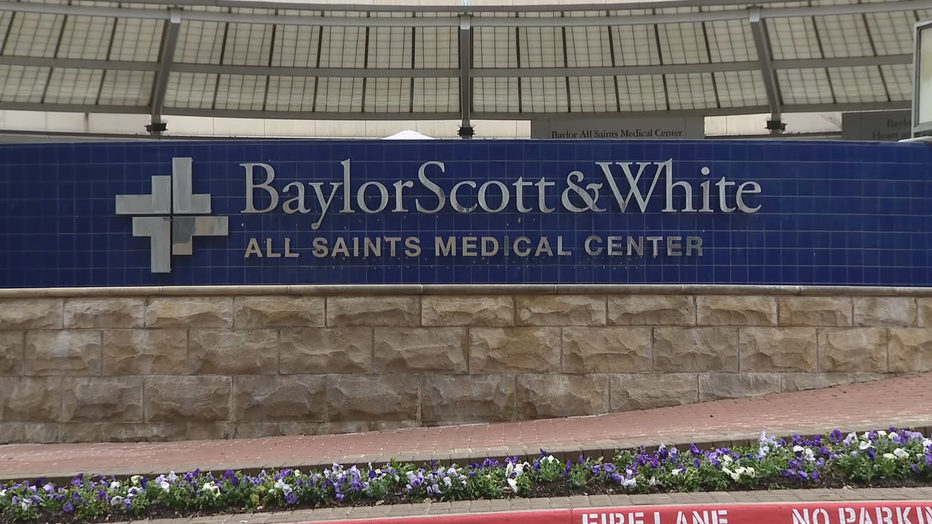Fort Worth hospital teaming up with North Texas schools to offer physician residency program
Fort Worth hospital teaming up with North Texas schools to offer physician residency program
Two North Texas universities are trying to solve a growing need for doctors in the Fort Worth metro area.
FORT WORTH, Texas - Two North Texas universities are trying to solve a growing need for doctors in the Fort Worth metro area.
Baylor Scott & White All Saints Medical Center is teaming up with TCU and UNT to begin a physician residency program.
The program will start modestly, with about two dozen residency positions, then reach an expected peak, training more than 150 new physicians each year at the hospital.
Doctors in Fort Worth are in short supply.
A prescription for change, however, is in the works after a major announcement Wednesday.
“The more people that we can have go to school here, that train here, the more they're going to feel a part of that community right when they start,” Dr. Kip Collier said.
Baylor's Fort Worth hospital and the new joint medical school of TCU and the University of North Texas Health Science Center are joining forces to start a graduate level physician residency program.

The first slots will be offered in 2021.
"First of all, if you're going to have a medical school, then you should do the great things medical schools are capable of doing. This is a big one," said Stuart Flynn.
Flynn is founding dean of the joint universities’ medical school.
He said the new graduate training program will specialize in emergency medicine and internal medicine, in hopes of bolstering the North Texas landscape.
JPS has a program which specializes in family medicine.
"The more residency programs local, and the better they are, then the less apt my graduates will be [to leave the area]. They have national ability to go wherever they want, so to speak, but we'd rather keep some of them here,” Flynn said. “We don't need to keep all of them but if we don't have the environment to capture them to stay, then by definition, they're going to leave."
The new age residency will not hone medical training, but they say compassion and communication among new doctors are priorities.
"It is no longer a medical education process where we just work, work, work and that's it. I's about, how are we sensitive and informative to the needs of our residents so they can actually be that way for their patients,” Dr. Collier said.

The program officials said that statistically, 59 percent of medical students stay in the state where they train.
This program could impressively help the shortage here in Texas and in the Metroplex.

